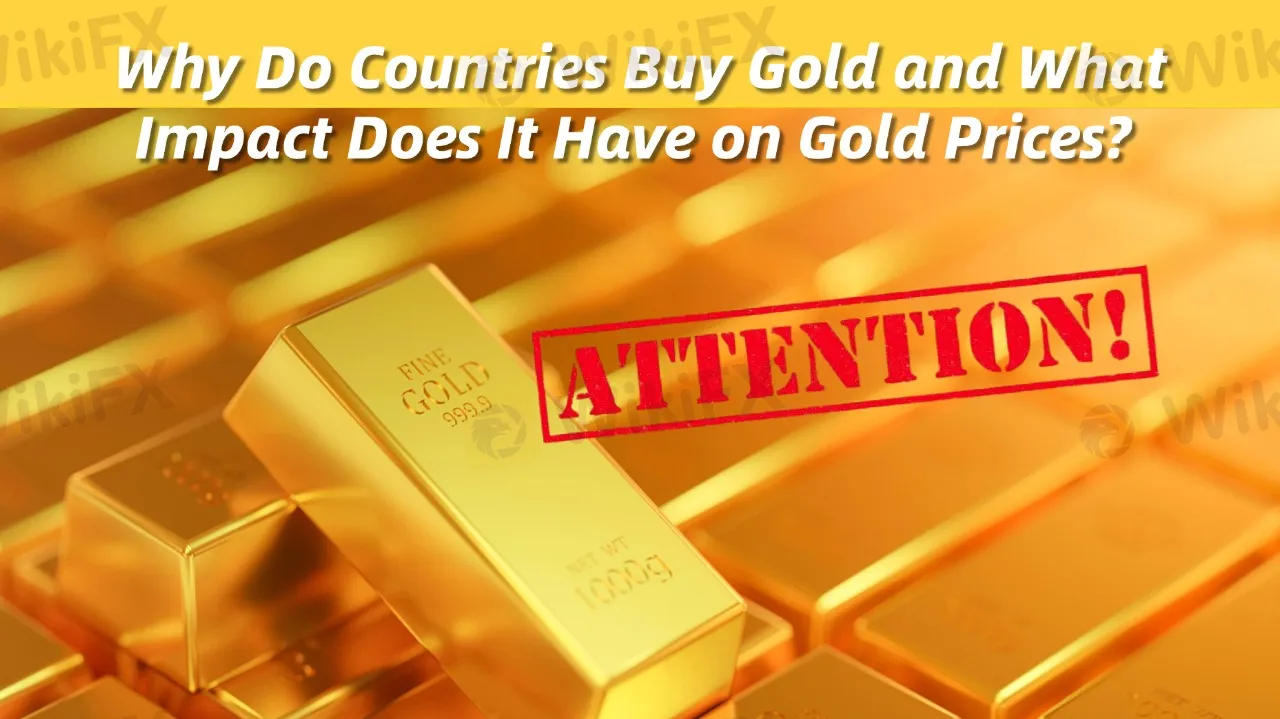Abstract:Recently, the large-scale gold purchases by central banks have attracted widespread attention in the market.

In November 2024, a Goldman Sachs report mentioned that central banks and institutions bought 117 tons of gold in the market, far exceeding the expected 46 tons. Among these, a “mysterious central bank” purchased 43 tons of gold through Swiss channels, second only to the 50 tons bought by the People's Bank of China. This has led to speculation about the identity of this “mysterious buyer.”
So, why are central banks purchasing large amounts of gold? First, gold is considered a safe-haven asset, and central banks buy gold to reduce their reliance on single currencies such as the US dollar, helping to diversify the risk in their foreign exchange reserves. The value of the US dollar is particularly susceptible to the influence of the US economy and international circumstances, while gold remains stable during periods of global economic uncertainty.
Second, gold helps central banks combat inflation. When a currency depreciates, the value of gold typically rises, thereby protecting the nation's wealth from being eroded. Additionally, in times of economic or political instability, gold is seen as an asset that enhances financial independence and security, helping countries avoid external economic shocks. Countries like China, by increasing their gold reserves, also promote the use and recognition of their national currency (such as the Chinese yuan) globally.
The Significance of Central Bank Gold Purchases for Investors
The most direct impact is the potential increase in gold prices. When central banks buy gold, the demand in the market surges, and since the supply of gold is limited, the price naturally rises. The large-scale purchases by countries like China and Russia exacerbate this effect.
Furthermore, central bank gold purchases are often seen as a sign of rising global economic risks. Other investors may follow suit, increasing their holdings of gold, which in turn drives up the price. At the same time, the significant gold purchases by central banks might make the market more optimistic about the future outlook of gold, further stimulating investor demand.
So, how should investors respond? First, they may consider increasing their investment in gold, whether through purchasing physical gold or investing in gold ETFs. Gold is typically seen as a long-term store of value and can effectively diversify investment risks. Second, investors should closely monitor the central banks' gold-buying trends to understand the economic strategies behind them. This can help investors make better judgments about gold price movements and adjust their investment decisions accordingly. Finally, while gold is considered a safe-haven asset, its price can still be volatile. Investors should remain cautious and implement proper risk management to avoid excessive concentration in a single asset.
In conclusion, large-scale gold purchases by central banks not only affect gold prices but could also change the global economic and financial landscape. For investors, understanding these trends and adjusting their investment strategies accordingly is key to protecting and growing their assets.










